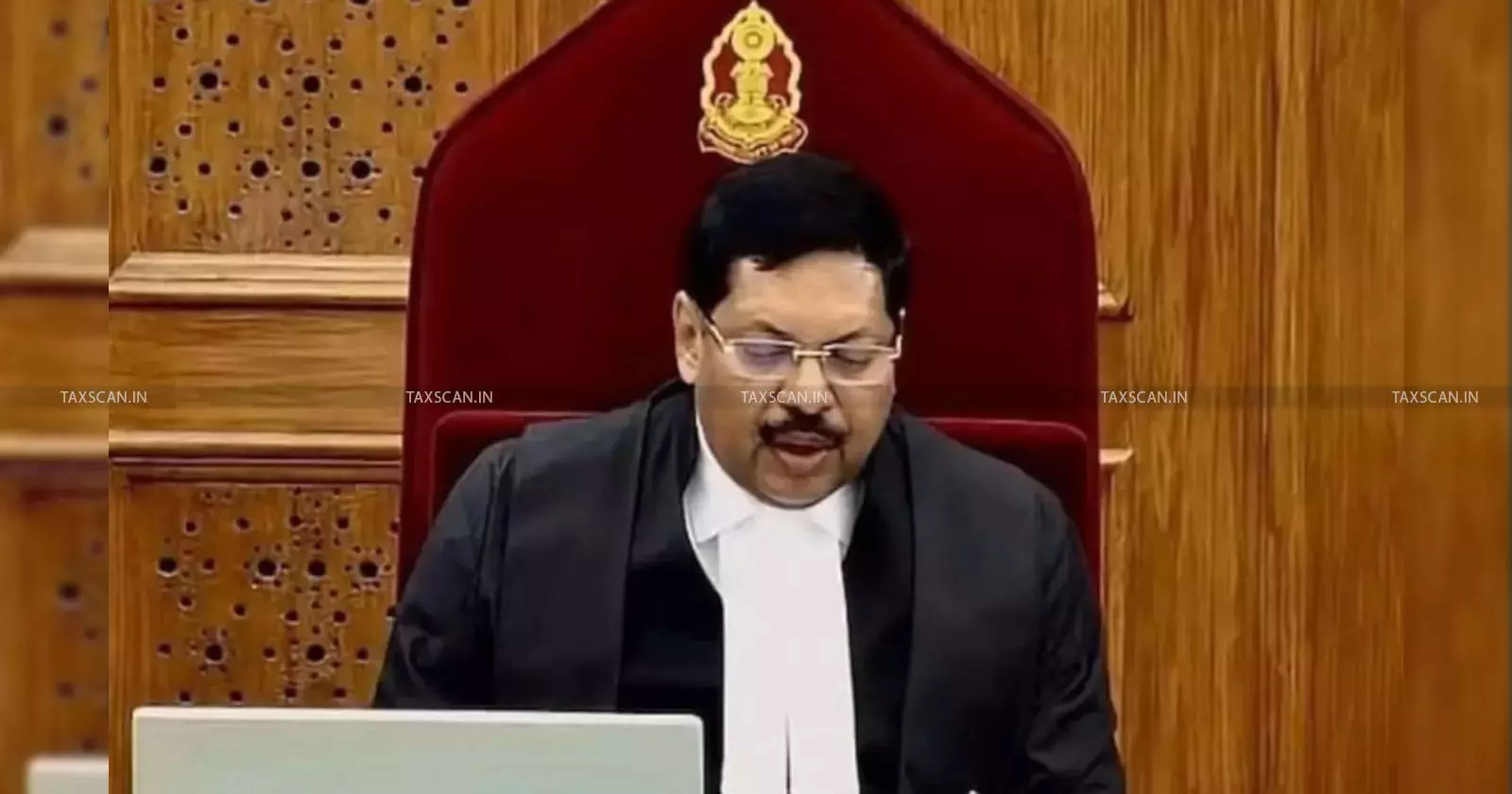CJI Gavai Lauds ITAT’s Justice Delivery Role, Warns of Rs. 6.85 Lakh Crore Backlog and Calls for Structural Reforms
Justice Gavai pointed out that despite the notable progress in case disposal, the enormous unresolved volume underscores systemic issues that still require urgent action

Chief Justice of India, Justice B R Gavai, recently emphasized the critical role played by the Income Tax Appellate Tribunal (ITAT) in India's justice delivery system while highlighting the urgent need for structural reforms to address persistent challenges. Speaking at a symposium titled “Income Tax Appellate Tribunal – Role, Challenges and Way Forward” held in New Delhi, Justice Gavai commended the tribunal’s significant achievement in reducing its case backlog from 85,000 to 24,000 over the past five years. However, he drew attention to the staggering pending disputes worth Rs. 6.85 lakh crore (approximately 2% of India’s GDP) that remain unresolved before the ITAT, labeling the backlog as a “major problem” facing the country’s judicial and quasi-judicial machinery.
Justice Gavai pointed out that despite the notable progress in case disposal, the enormous unresolved volume underscores systemic issues that still require urgent action. He appreciated the dedication and cooperation of the ITAT members and legal practitioners in this achievement but emphasized that the unresolved disputes continue to pose a significant impediment to efficient justice delivery. The cases involve substantial financial implications, which, if not addressed swiftly, can adversely impact investor confidence, tax compliance, and economic stability.
The Chief Justice stressed that reform in the ITAT’s functioning must take a comprehensive approach, touching upon every aspect of its operation. He underscored the importance of transparent appointment procedures, consistent decisions, and investment in capacity-building as key components to enhance the credibility, fairness, and efficiency of the tribunal. Addressing appointment-related concerns, he pointed out that the current minimum age requirement for ITAT members is 50 years, whereas he himself became a high court judge at the age of 42, indicating potential avenues for attracting younger and experienced professionals.
Understanding Common Mode of Tax Evasion with Practical Scenarios, Click Here
Justice Gavai also flagged the problem of conflicting rulings issued by different benches within the ITAT, which can undermine public confidence and create legal uncertainty. He cautioned that inconsistent judgments weaken the authority of the legal system, especially in highly technical and specialized domains like income tax law. To counter this, he recommended establishing mechanisms for early determination of conflicting decisions and strengthening internal reference procedures.
The Chief Justice’s reform agenda broadly calls for modernization of the ITAT’s operational ecosystem through improved appointments, tenure policies that promote expertise, training programs to enhance adjudicatory skills, and the use of technology for effective case management. He emphasized that a holistic approach, rather than isolated reforms, is crucial to making the tribunal more responsive, transparent, and capable of dealing with contemporary challenges.
Chief Justice Gavai’s remarks were echoed by Union Law and Justice Minister Arjun Ram Meghwal, who reaffirmed the government’s commitment to strengthening the tribunal’s role. The government aims to make the tax dispute resolution process more efficient, transparent, and accessible to citizens, which in turn will bolster trust in the tax ecosystem.
Chief Justice Gavai’s observations shed light on the formidable task ahead: transforming the ITAT into a more effective and credible institution capable of resolving disputes involving thousands of crores of rupees swiftly and fairly. His call for coordinated reforms; ranging from appointments and decision-making to capacity-building and technological integration which aims to reduce backlog, eliminate contradictory rulings, and strengthen the rule of law in India’s complex tax landscape. As our country continues to grow economically, addressing these challenges is vital for ensuring a fair, predictable, and robust legal framework for all stakeholders involved in tax administration and dispute resolution.
Support our journalism by subscribing to Taxscan premium. Follow us on Telegram for quick updates


